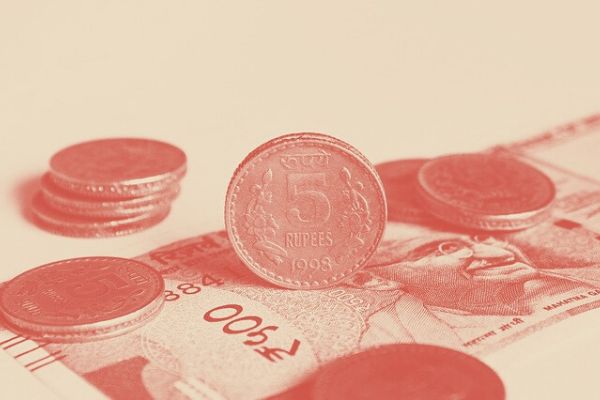The India Supreme Court recently made a ruling that reversed the crypto ban imposed by India’s central bank. It made its ruling after months of deliberations. The main point of contention was the decision by the Reserve Bank of India to ban all banks operating in India from offering services to firms in the crypto sector.
Plans to Challenge the Ruling
According to a report by the Economic Times, RBI will challenge the Supreme Court ruling on grounds that the reversal could encourage crypto exchanges to begin operating in India once more. The central bank believes this could pose a huge risk to India’s financial system.
The RBI believes that crypto is mainly used to enable money laundering and the financing of terror. However, the Supreme Court ruled that the central bank had failed to show that crypto trading would have a significant impact on the nation’s financial system. If the central bank wants the decision reviewed, it has to file for a review within 30 days of the judgment being issued.
Temporary Relief for the Crypto Sector
In 2018, the Indian central bank banned all banks in India from offering banking services to firms that handle crypto. The blanket ban came as a shock to India’s crypto community and most of the experts termed it as arbitrary and unconstitutional. It resulted in most crypto exchanges and firms in the crypto sector halting their operations and moving abroad.
Soon after, the Internet and Mobile Association of India petitioned the Supreme Court to have the ban reversed. The association viewed the ban as an indiscriminate and harsh action against the crypto industry.
Besides the ban by the central bank, there were fears that the nation’s regulators would move to impose a total ban on Indians, barring them from handling any crypto. Some leaked documents at the time suggested that India planned to impose a fine or a jail term of up to 10 years on anyone handling crypto. Numerous experts commented that this ban would have disastrous results. However, the Minister of State Finance and Corporate Affairs later said that there were no plans to impose such a law in India. In January, the central bank clarified that it had not banned Indians from handling Bitcoin. Its ban only prevented banks from handling cryptocurrencies.
Exchanges in India Already Accepting Direct Deposits
Following the Supreme Court ruling, some of the exchanges operating in India have already begun accepting direct bank deposits. On March 5, the Unocoin exchange announced that bank deposits had resumed on its exchange platform.
Meanwhile
WazirX, which is the Indian partner of Binance also plans to resume direct bank deposits. Nischal Shetty, the founder of the exchange, announced on Twitter.
While the Supreme Court ruling was a huge victory for India’s crypto sector, the future is not smooth sailing. For one, there is no regulation governing the sector, which means that investors do not enjoy any legal protection. Promoting proper regulation in India appears to be the next logical step in India’s crypto industry.
Image Source: Pixabay
Notice: Information contained herein is not and should not be construed as an offer, solicitation, or recommendation to buy or sell securities. The information has been obtained from sources we believe to be reliable; however no guarantee is made or implied with respect to its accuracy, timeliness, or completeness. Authors may own the crypto currency they discuss. The information and content are subject to change without notice. Visionary Financial and its affiliates do not provide investment, tax, legal or accounting advice. This material has been prepared for informational purposes only and is the opinion of the author, and is not intended to provide, and should not be relied on for, investment, tax, legal, accounting advice. You should consult your own investment, tax, legal and accounting advisors before engaging in any transaction. All content published by Visionary Financial is not an endorsement whatsoever. Visionary Financial was not compensated to submit this article Please also visit our Privacy policy; disclaimer; and terms and conditions page for further information.












